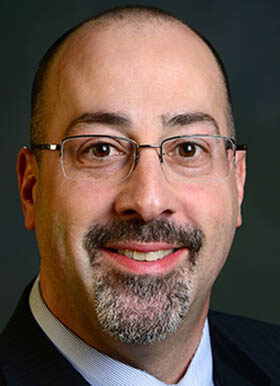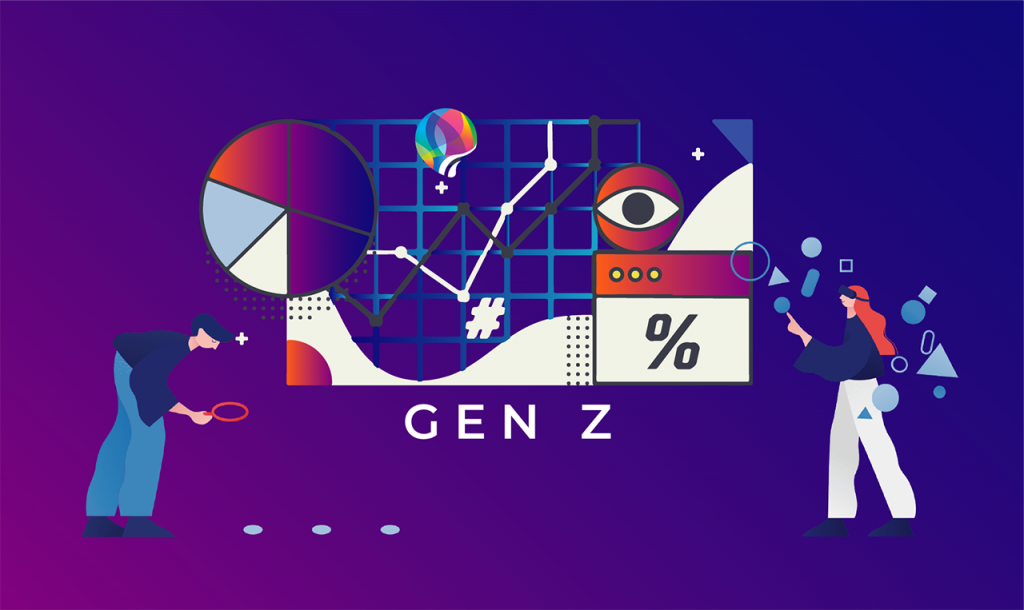SOCRA membership signifies a commitment to excellence in clinical research. We unite a global community of over 15,000 members across 58 countries, all dedicated to advancing clinical research practices and fostering professional growth. Whether you’re a seasoned professional or new to the field, SOCRA offers invaluable opportunities for learning, networking, and making a meaningful impact.
In this post, we’ll highlight what it means to be a SOCRA member, showcasing how our community collaborates to drive innovation, share knowledge, and elevate standards in clinical research, ultimately shaping the future of healthcare worldwide.
Continue reading What it Means to Be a SOCRA Member →









